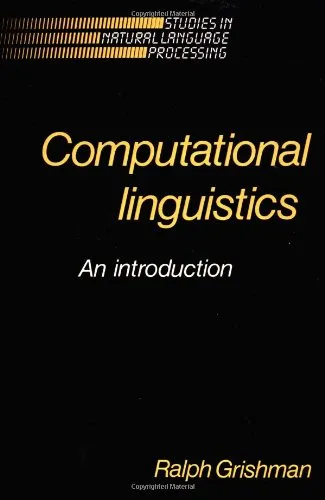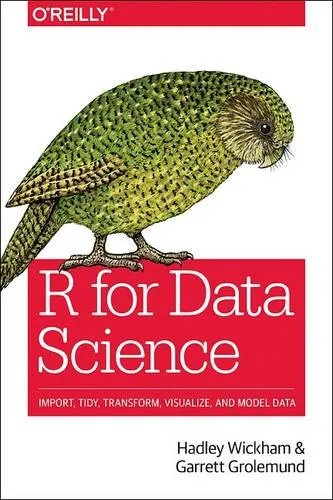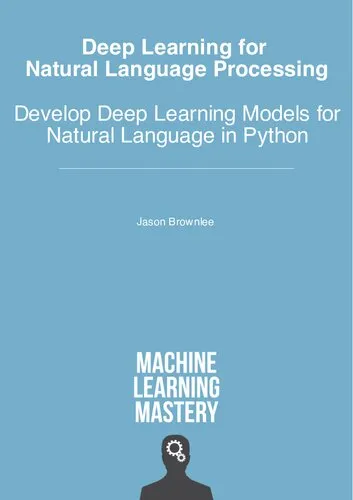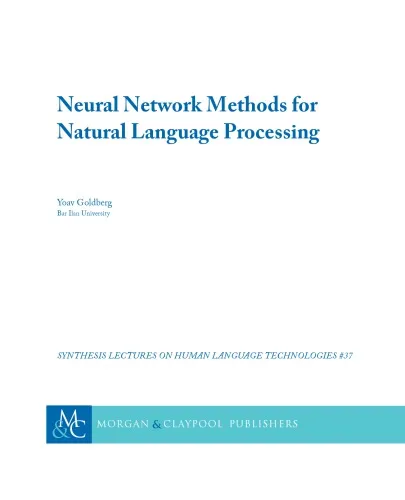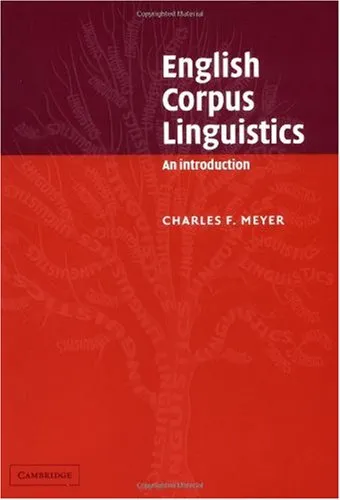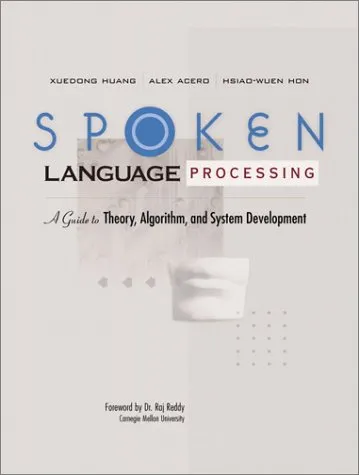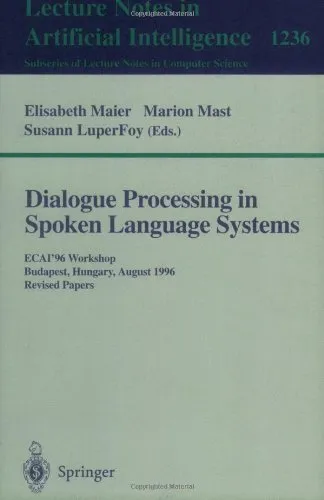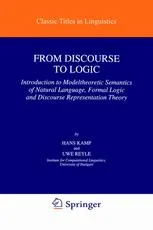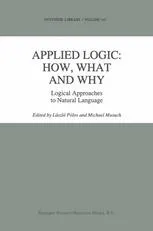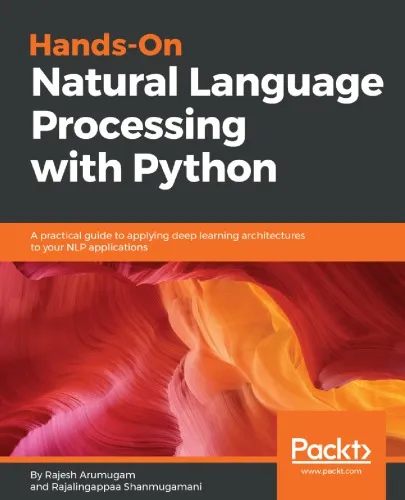Computational Linguistics: An Introduction
4.0
Reviews from our users

You Can Ask your questions from this book's AI after Login
Each download or ask from book AI costs 2 points. To earn more free points, please visit the Points Guide Page and complete some valuable actions.Related Refrences:
Introduction to Computational Linguistics: An Introduction
Computational linguistics is a field that lies at the intersection of computer science and linguistics, offering powerful insights into how language can be processed and understood by machines. With the explosion of digital data and artificial intelligence, understanding and working with natural language has never been more important. My book, Computational Linguistics: An Introduction, is designed to provide a comprehensive yet approachable foundation for anyone interested in this exciting area of study.
In this richly detailed book, readers will embark on a journey through the core concepts, methodologies, and applications of computational linguistics. Whether you are a curious beginner, a student in linguistics or computer science, or a professional seeking to expand your knowledge, this book offers a structured and engaging exploration of the field, infused with real-world examples and practical implications.
Detailed Summary of the Book
At its heart, Computational Linguistics: An Introduction provides an integrated view of the theories and technologies that underpin the relationship between natural language and computing. The book is carefully divided into chapters that cover the essential building blocks of the field, such as formal language theory, syntactic parsing, semantics, discourse analysis, and machine translation.
The early chapters focus on the foundational aspects of language processing, including lexical resources, tokenization, and morphology. As readers progress, the text delves into more complex topics such as probabilistic models, part-of-speech tagging, syntactic structure, and semantic interpretation. A significant portion of the book is dedicated to the computational tools and statistical methods that make these analyses possible, ensuring that you develop both theoretical knowledge and practical skills.
The latter segments of the book examine applied topics, such as sentiment analysis, speech recognition, and dialogue systems. These applications illustrate how computational linguistics is vital across industries, from enabling smart assistants to processing massive amounts of textual data in domains like healthcare, law, and social media.
Key Takeaways
- Develop a solid understanding of linguistic theory and its computational applications.
- Explore the key algorithms, models, and frameworks used in natural language processing (NLP).
- Learn how computational linguistics impacts fields such as artificial intelligence, machine learning, and data science.
- Understand critical challenges in language understanding, such as ambiguity, contextual meaning, and cultural variance.
- Gain practical insights for building applications that process and interpret natural language.
Famous Quotes from the Book
"Language is the bridge between thought and action, and making sense of it computationally is one of humanity's most profound challenges."
"At its core, computational linguistics isn't just about the mechanics of language—it is about understanding what it means to communicate."
"In a world shaped by AI, natural language is the interface through which machines will interpret and serve humanity."
Why This Book Matters
Computational linguistics is rapidly becoming a cornerstone of modern technology, enabling innovations in artificial intelligence, information retrieval, and human-computer interaction. Computational Linguistics: An Introduction equips readers with the knowledge and tools they need to thrive in this evolving landscape, blending theoretical depth with hands-on utility.
In a world where text and speech data are omnipresent, from smart assistants to translation tools, understanding language computationally is no longer optional—it's a necessity. This book serves as a definitive guide to mastering these skills, making it an invaluable resource for students, researchers, and professionals.
By demystifying complex linguistic and computational concepts, this book fosters interdisciplinary collaboration and inspires innovative work. Whether you're driven by academic curiosity or industry demands, Computational Linguistics: An Introduction provides the knowledge you need to succeed in this transformative field.
Free Direct Download
You Can Download this book after Login
Accessing books through legal platforms and public libraries not only supports the rights of authors and publishers but also contributes to the sustainability of reading culture. Before downloading, please take a moment to consider these options.
Find this book on other platforms:
WorldCat helps you find books in libraries worldwide.
See ratings, reviews, and discussions on Goodreads.
Find and buy rare or used books on AbeBooks.
1395
بازدید4.0
امتیاز0
نظر98%
رضایتReviews:
4.0
Based on 0 users review
Questions & Answers
Ask questions about this book or help others by answering
No questions yet. Be the first to ask!
